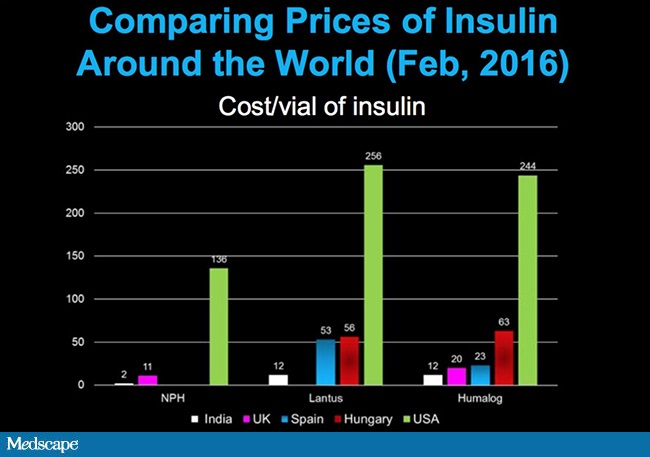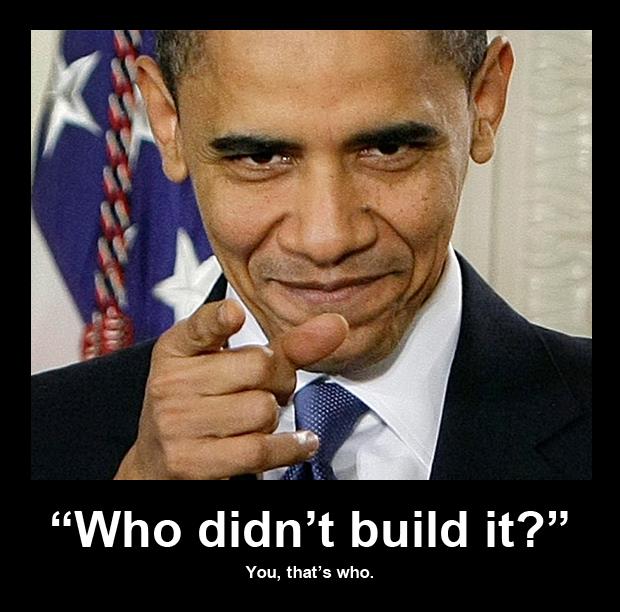Our state has done so with tax incentives for long term jobs and initial investments.............and it has worked.
That particular may not provide the long term jobs as ours did though. Bang for the buck. 1.3 Billion in the area and those providing the building materials isn't anything to snicker about.
So you're in favor of Crony Capitalism?





